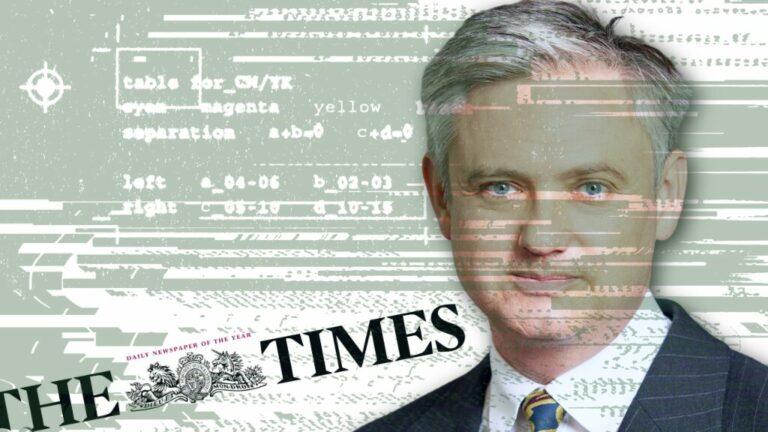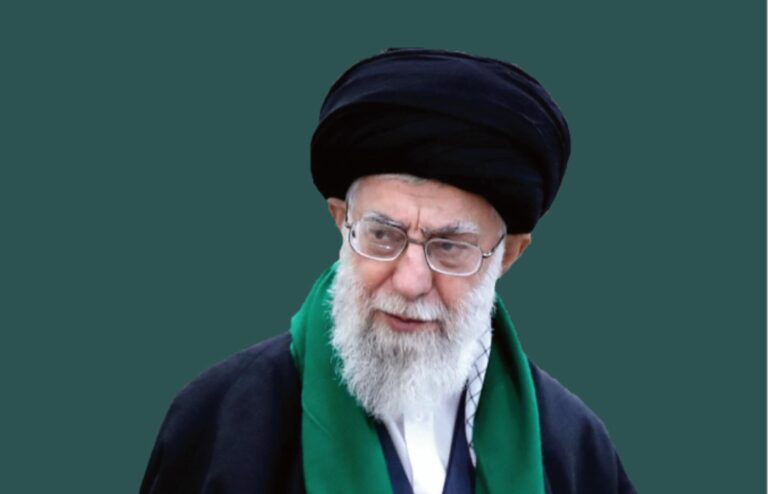Islamophobic political and media discourse has become normalised and entrenched in France to the point where it is a major cause of anti-Muslim discrimination and hatred. In the prevailing climate of hostility towards Muslims and their religion which often translates into verbal and physical attacks and/or discrimination, Muslims are not free to express their faith. France must recognise its obligations under Article 9 of the ECHR to ensure Muslims are free to observe and practise their religion.
Muslims and ethnic minorities in France face structural discrimination from a state which veils its prejudices behind an alleged indivisibility of the French national identity into any component parts, be they religious, ethnic or racial. While this allegedly ‘colourblind’ approach is said by the state party to protect the principle of equality and ensure its application, the reality is that it is in and of itself a driver of discrimination.
IHRC’s 2012 report (attached) ‘France and the Hated Society: Muslim Experiences’ describes the state party’s approach to national identity thus: “To be French, then, is to be an abstract, unencumbered individual, free from any public manifestation or affectation of difference. It is only as an assimilated individual that a person can express himself as a French citizen. This abstract individual……not only represents the ideal of French republicanism, he represents an idea of state neutrality and, therefore, equality against the incursions of divisive notions such as religion. Grosfoguel and Mielants variously argue, however, that this abstract individual is in fact gendered, elite and racialised as a white, upper class male (‘communautaristes masculine blanc’) whose gendered, racialised class interests are the foundational values of the republic (Grosfoguel&Mielants, 2006 and Grosfoguel, 2006) operating invisibly to institutionalise and normalise their privilege.”
That Muslims face systematic discrimination in France is beyond dispute. IHRC’s report showed that over 80% of Muslims in France have witnessed the implementation of policies, both political and organisational, that impact Muslims negatively.
In 2012 research conducted by Stanford University’s David Laitin found evidence of discrimination against Muslims in employment. Published by the Proceedings of the National Academy of Sciences, the study concluded that a Christian citizen with an African heritage was two-and-a-half times more likely to get called for a job interview than an equally qualified Muslim citizen with the same ethnic background.
Cultural and religious expression remains restricted by the draconian state ban on wearing the hijab in schools or universities and the niqab in public. The state also systematically discriminates against private Muslim education. Muslims in France have found it nearly impossible to put on the policy agenda such things as state aid for separate Islamic schools under the same conditions that govern aid to Roman Catholic schools.
The consequence of the body of hate ideology, hate policy and hate representation can be seen in its material manifestation, namely hate practices. Many studies have found a correlation between the anti-Muslim representation of Muslims in media and political discourse and a rise in hate crimes and experiences. Hate practices can divide into physical attacks, legal or civic ban, rape or threats of rape, insult or verbal abuse, and civil exclusion. In IHRC’s own survey ‘France and the Hated Society: Muslim Experiences’ some three quarters of respondents felt that political discourse was to blame for the discrimination and hatred they faced.
In the same survey the most cited negative experience among Muslims was in fact media representation. The negative representation media provide of Muslim people affects non-Muslim attitudes towards Muslims. There are continuous complaints regarding the skewed representation of Muslim people in the French media. Whilst it is recognised that not all media figures (indeed probably the majority) are pernicious Islamophobes, media bodies suffer from institutionalised Islamophobia and racism and as such need to work on structural responses to this issue – the first step being to recognise that such structural issues exist. In a climate where so-called republican ideals denigrate the notion of racism as an attempt by victimised communities to undermine the foundational values of the state, there is clearly a long way to go on this front. Hate policy is reflected in participants’ experience of Islamophobia, Islamophobic expressions by politicians, exclusion of Muslims in political decision-making or implementing particular policies on them and, finally, policies which target Muslims in France.
Click HERE to read an Executive Summary of ‘France and the Hated Society: Muslim Experiences’
Click HERE to buy a copy of ‘France and the Hated Society: Muslim Experiences’ from the IHRC Bookshop
Email media@ihrc.org to request a copy for review







